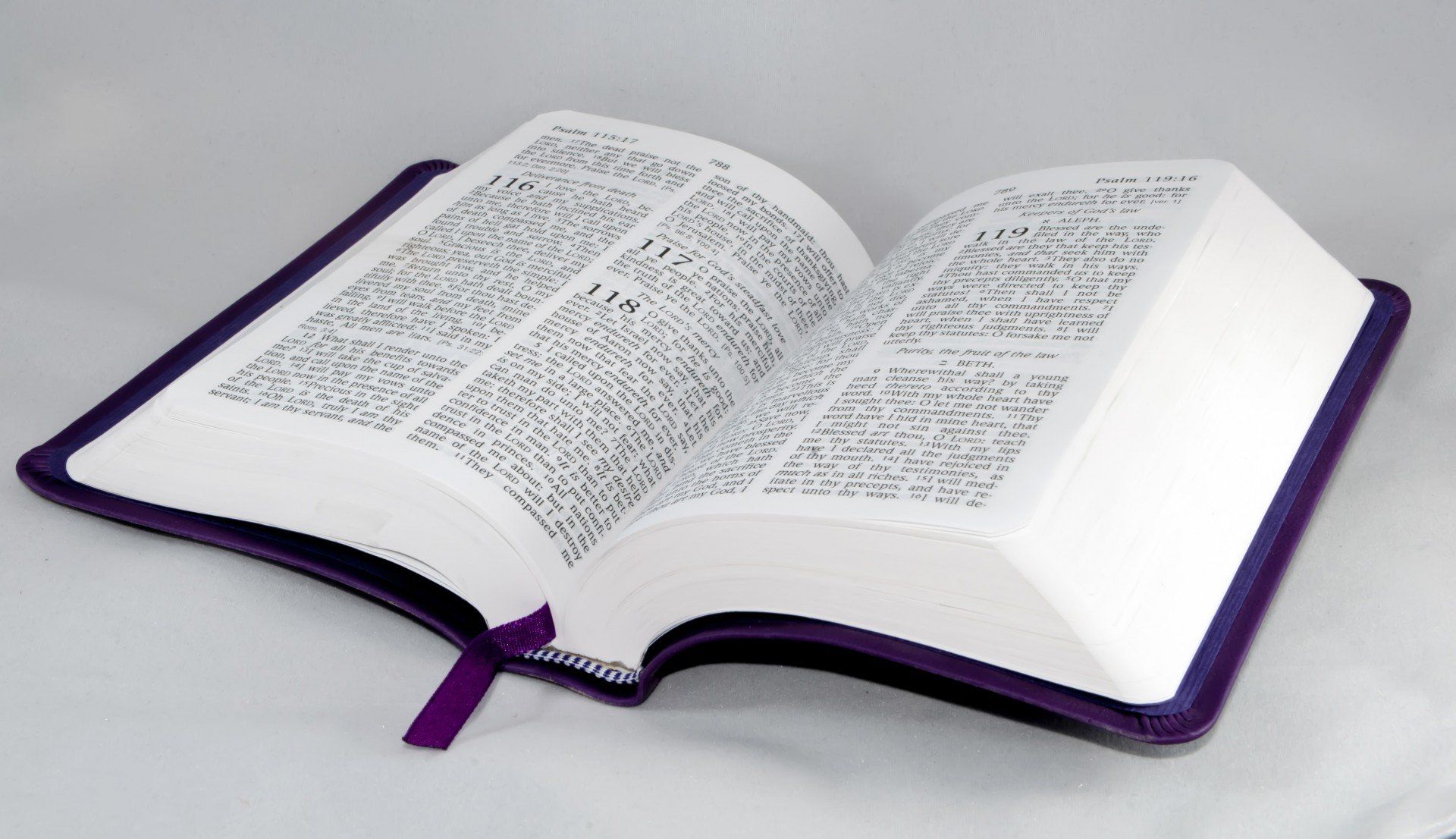“The Word of God is living and active. . .”

Hebrews 4:12-13
The Bible is always relevant and always applicable. We must always be in awe of God and the power of his Word. Our communities of faith need to be places of real worship, reverence, and radical openness to that Word. The truth God communicated to men and women contained the power of God to transform and empower their lives. The power of his words is explained this way in Scripture.
We must cling to the joyous truth that the Word of God is powerful. When we teach it with authority and expectation, it will achieve the result God has ordained. These words were written to a tired church. They came at a crucial point in the appeal of the author of Hebrews to his weary community. After he urged his readers to remain faithful in the midst of the temptation to drop out, he told his tired community that their greatest need is to be challenged by the word of God.
God says to Jeremiah. “ Is not my word like fire. . . and like a hammer which breaks a rock in pieces” (Jer. 23:29 ). Their commitments may be meaningless, but God’s word is lasting. “ The grass withers, the flower fades; but the word of our Lord abides forever” (Isa. 40:8).
The story of the Bible concerns people who sometimes had nothing to sustain them but a promise. They often seemed on the brink of collapse. But the promise was not extinguished. It looked that way, even at Calvary, but God brought hope out of despair. As Paul told the Corinthians, “ All the promises of God find their yes in him”, (2 Cor.1:20 ).
A Happy Ending
The Bible is not a book of thousands of isolated verses. It concerns the God whose word is “ living and active ,” who offers our lives a promise. The Book of Hebrews reminds them that it is the challenge of Scripture, which stimulates and encourages. The God who once made a promise to Abraham and Moses holds out the same promise to His church today. We may share the frustrations of Elijah or Sarah, but Scripture reminds us that God’s word “is living and active.”
In the Bible things do turn out well. And people who are inundated with the message of hopelessness need to be refreshed by the word of hope that comes in Scripture. We need to hear about the Bible’s happy ending.
Paul’s letter to the Romans speaks of the hope, which Scripture provides. “For whatever was written in former days was written
for our instruction, that by steadfastness and by the encouragement of the Scriptures we might have hope” (Rom. 15:4). Hopelessness and chaos do not have the last word in the Bible. That is probably why the church may be one community that has not lost its hope in a society where we are showered by words of despair. In Scripture we discover the God whose word is “living and active.”
Early Christians were sustained largely by the conviction that the thread running through the Bible was the word of promise. They recalled that God had made promises to Abraham (Gen. 12:2) and David (2 Sam. 7: 10-17). In the coming of Jesus Christ they recognized that God had kept his promise. Paul told his listeners in one speech, “ We bring you the good news that what God promised to the fathers, this he has fulfilled to us their children by raising Jesus” (Acts 13:32-33 ). The good news was the word that was “ promised beforehand through His prophets in the holy Scriptures” (Rom. 1:2 ). The Scripture was “living and active,” for it demonstrated that God keeps His word.
Bob's Blog









